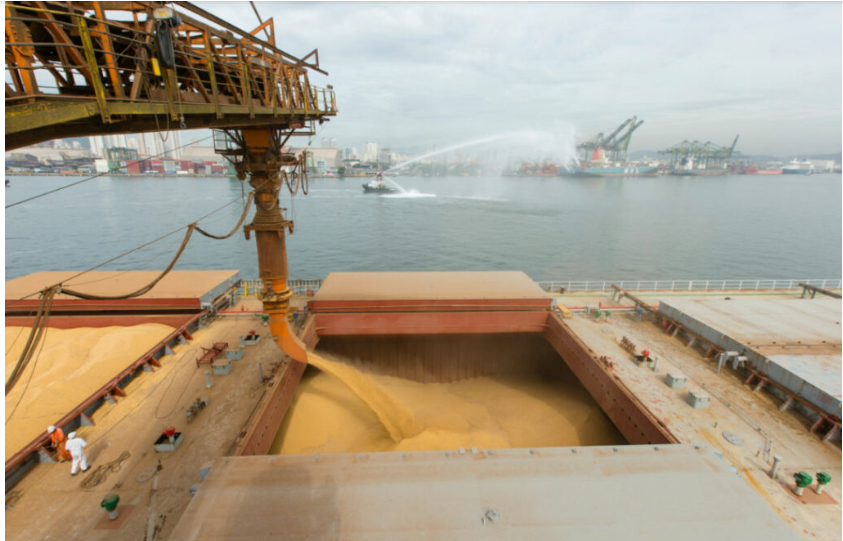
Delays in the supply of wheat from Russia to the state customer of Egypt (GASC) raise doubts about the reliability of Russian suppliers. GASC recently signed one of the largest wheat supply deals, securing supplies from Russia for six months starting in November.
However, the delivery of the previous purchase, scheduled for October, was delayed, raising concerns about the reliability of Russian suppliers. The contract, which involves the private purchase of 430,000 tonnes of Russian wheat from the United Grain Company through an intermediary, was announced by GASC in September. However, with the loading deadline looming, reports indicate that no vessels have yet been earmarked for shipment and major export paperwork has been delayed.
GASC did not comment on the reasons for these delays, but preliminary data from the Russian Union of Grain Exporters indicated internal disputes. In particular, disagreements arose regarding which counterparties Russian exporters should cooperate with in Egypt. These tensions are consistent with Moscow’s recent strategy of favoring direct deals, effectively pushing out foreign traders and middlemen in grain exports to tighten control over revenue streams.
According to the terms of the new agreement, Russia will deliver 3.12 million tons of wheat to egypt Approximately 500,000 tonnes are expected to be shipped monthly from Russian Black Sea ports to Egypt’s Mediterranean and Gulf of Suez ports, with prices negotiated monthly based on market conditions.
Against the backdrop of rising food prices and inflation, Egypt is actively involved in securing its food supply. GASC tried to conduct a similar tender in August for 3.8 million tons of wheat, but received only 280 thousand tons from Ukraine and Bulgaria. The urgency was underscored by President Abdel Fattah al-Sisi’s personal executive order, prompted by intelligence reports highlighting food security risks.


